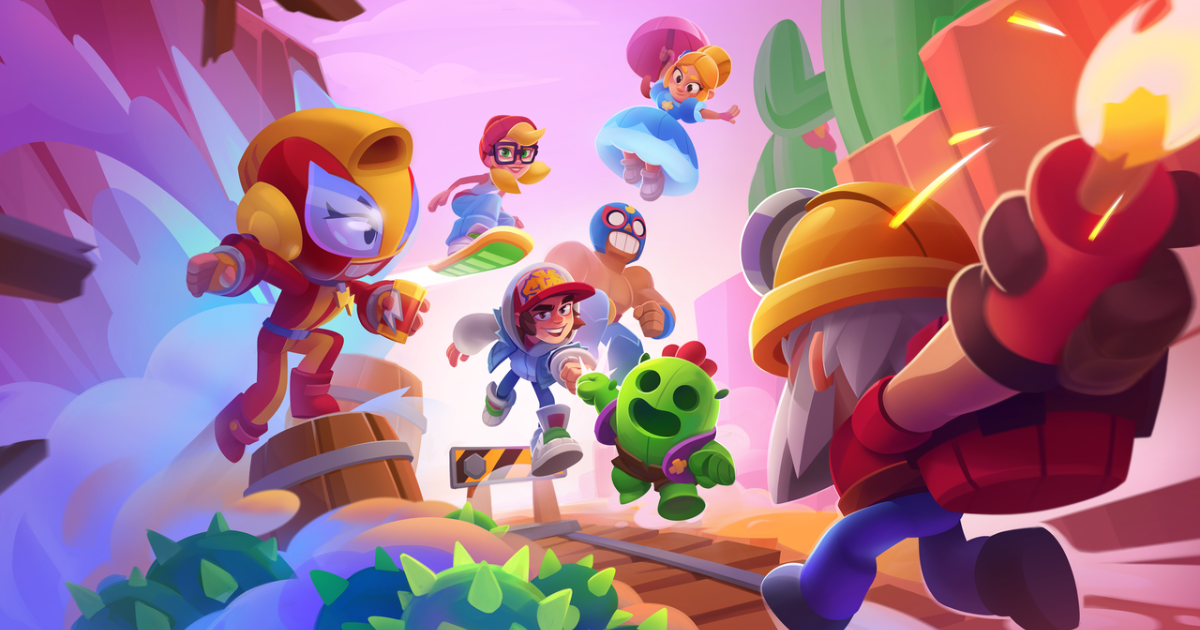IP Integration Brings New Life to Videogames

By Mark Seavy
Live service videogames are increasingly integrating licensed IP into their gaming titles in a bid to engage new consumers.
Live service games are continuously updated by developers with new elements and events, many of which are in-game purchases. For example, Epic Games’ Fortnite has a strong reputation for in-game concerts and IP integration. Recent collaborations include Morinaga & Co.’s Hi Chew, which has been featured in several mini-games, and social media star Jimmy “MrBeast” Donaldson.
Increasingly, these updates have focused on beloved brands in an effort to increase the time spent on live service games—especially new titles. This is important as recent research showed only 15% of total playtime on PC marketplace Steam in 2024 was for games released that year, according to “The State of Video Gaming 2025 Report” authored by Matthew Ball, Founder and CEO of the advisory firm Epyllion. In 2023, meanwhile, 6.5% of total playtime on PCs, Sony’s PlayStation, and Microsoft’s Xbox went to games released that same year.
“It is harder than ever to convince people to quit the game they are playing and check out a new title,” a licensing executive said. “Combining an existing game with popular titles isn’t new but the use of it is growing as titles try to set themselves apart in console and mobile markets. That is especially true for live action, where the need for new engagement is especially important.”
This growth in IP integration is one of the biggest changes in the industry compared from 10 to 15 years ago, when games were built entirely around a single property like Star Wars, which has a library of more than 100 titles, industry executives said. About 30% of the top 100 grossing mobile games now use external IP, industry executives reported.
“Now the biggest games in the world collaborate with IPs for in-game integrations ranging from licensed outfits and weapons to in-game concerts and events,” said Rachit Moti, CEO of Layer Licensing. “Licensors have embraced this as many of these games have massive existing audiences and already monetize, so there’s a lower risk level to the deals and they can also go to market quicker.”
In addition to that accelerated pace, integrating an IP into an existing live service game can also give the game a modern twist or move it in a different direction.
Japanese video game company SNK, for example, is reviving its classic arcade franchise Fatal Fury for the first time in 26 years with the seventh installment of the City of the Wolves title, which includes a mobile version and features soccer star Cristiano Ronaldo as well as DJ Salvatore Ganacci. South Korean holding company Krafton’s PUBG, meanwhile, best known for its Battleground game, continued its KPop-fueled mobile expansion in a crossover event with the girl group BabyMonster. And mobile game developer Scopely added a new twist to its Stumble Guys franchise with an Avatar: The Last Airbender-inspired Air Temple Tumble elimination level that features six characters from the Air Bender franchise transformed into “Stumblers.”
There are also crossovers that allow two live service games to engage with each other’s audiences. Sybo Games and Supercell recently launched a dual-game crossover event between Subway Surfers and Brawl Stars. Available within both games, the collaboration includes themed unlockable content and competitive game modes for a limited four-week period.




